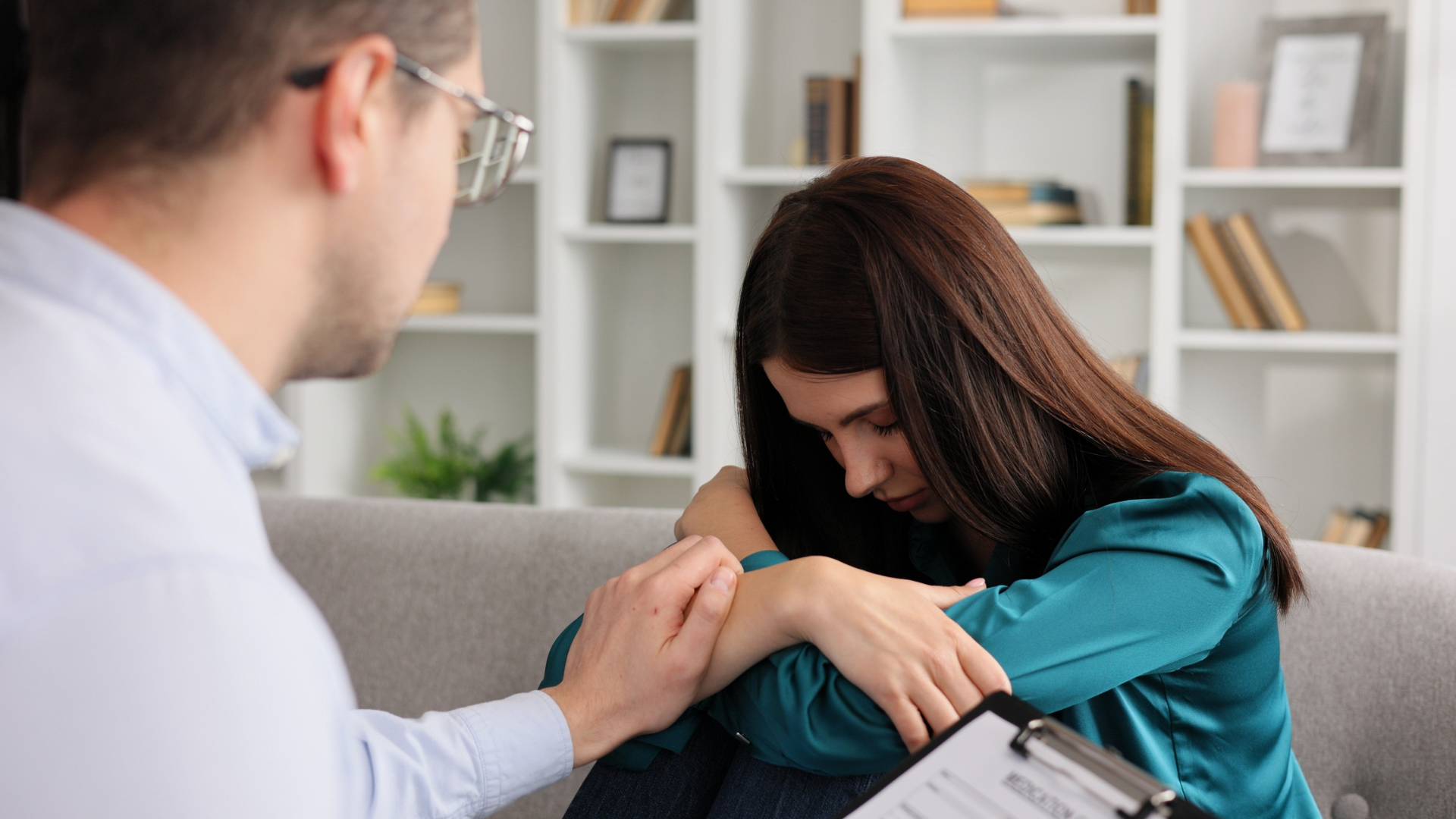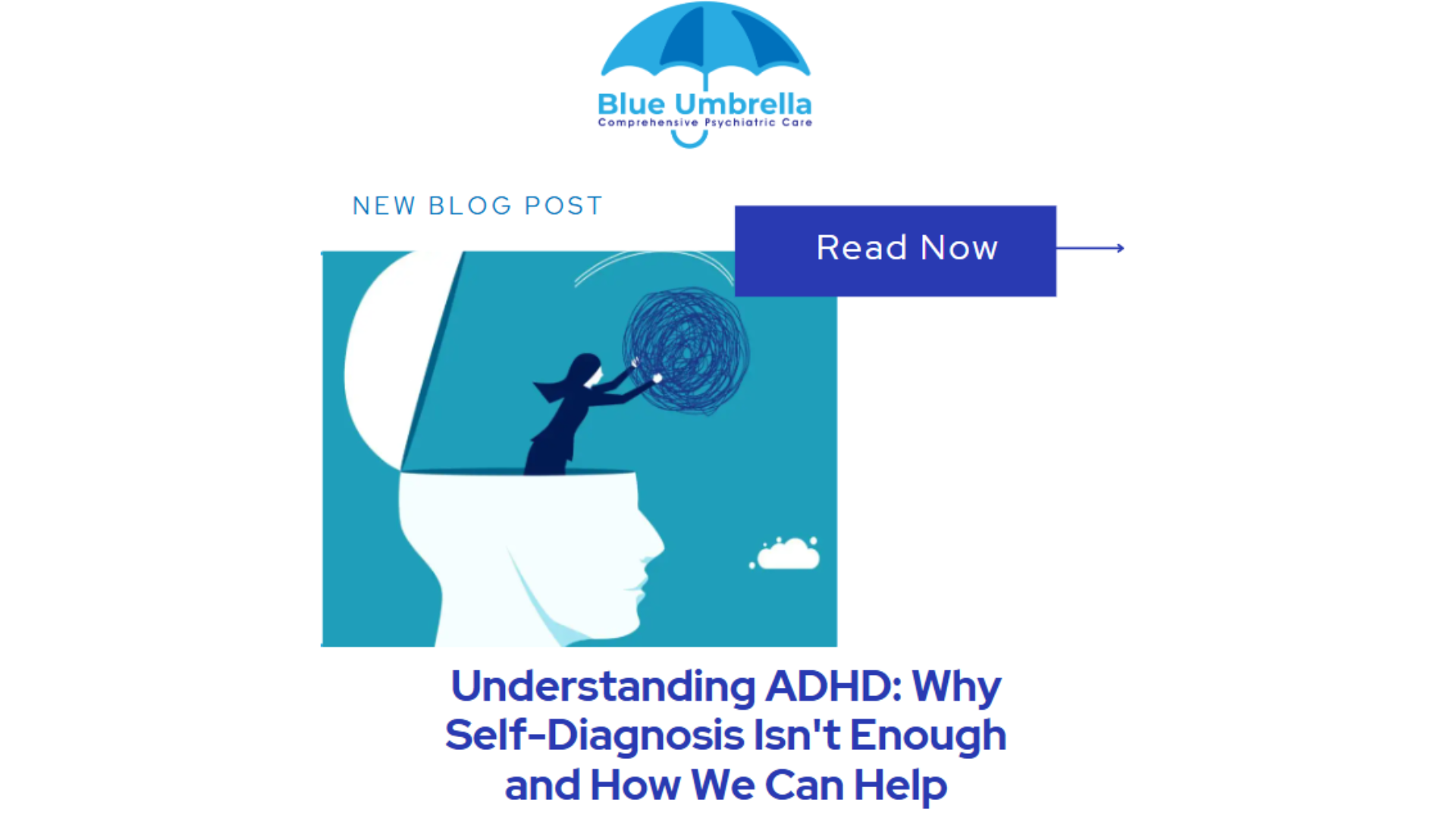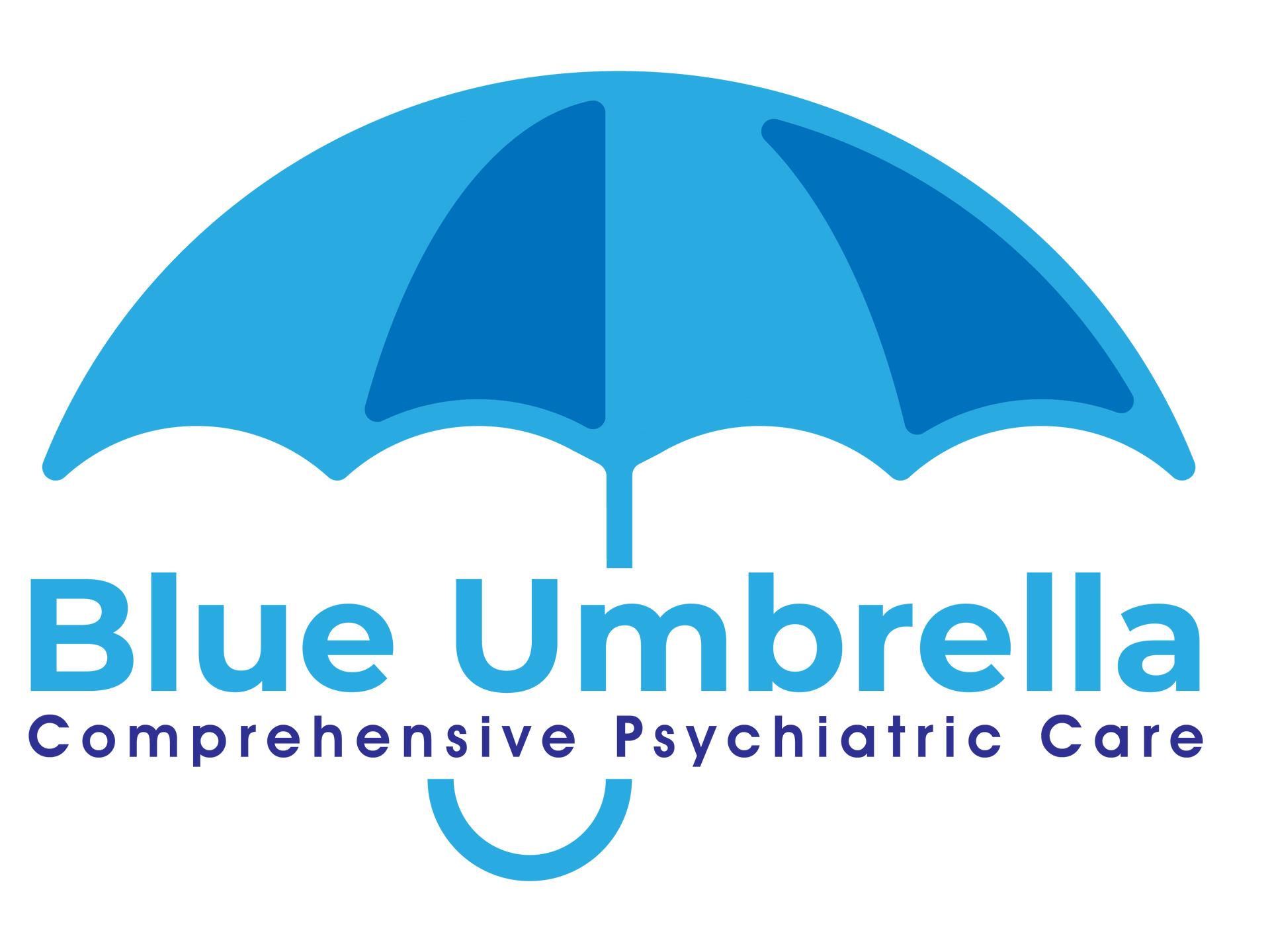Reviewed by Dr. Eric Robbins, MD
References:
Sandhya, MD, P. (2022, October 14). Depression (Major Depressive Disorder). Mayo Clinic. Retrieved January 2023, from https://www.mayoclinic.org/diseases-conditions/depression/symptoms-causes/syc-20356007
Depression: a word most are familiar with, and a troubling and difficult mood disorder that many struggle to overcome. In fact, it is the most common mental disorder in the world. Most people can likely describe a time in life where they can recall feelings of depression. It is one thing to have possibly felt depressed at one time or even a few times in life. However, it is much different to live a life excessively plagued by depression.
When it exceeds an “every-now-and-then” feeling of sadness - having “the blues” from time to time - it often is referred to as Major Depressive Disorder or Clinical Depression. This can be described as long-term consistent feelings of sadness, hopelessness, lack of interest, social isolation and more. It impacts all aspects of a person - physically, mentally and behaviorally.
Physically, depressive disorder can look like excessive weight gain or loss, excessive appetite or lack thereof, slowness in activity, insomnia or even constant fatigue and oversleeping. It can also prompt excessive crying and irritability.
Mentally, it can result in anxiety, racing thoughts, hopelessness, mood swings, overall sadness, a lack of interest towards activities and life in general or thoughts of suicide. Social isolation, memory difficulties and personality changes are also common signs of clinical depression or depressive disorder.
Behaviorally, depression can massively interfere with one’s ability to work, study, sleep, eat, be social, and more. While not every person with depression experiences every symptom, several persistent symptoms are required for a diagnosis of CD or DD.
Depression can be a result of other existing medical conditions or illnesses. It can also be hereditary or a result of life circumstances or environment.
Many times, lifestyle changes or the implementation of self care habits can have a very positive effect on symptoms. A healthier diet, exercise, time spent outdoors, aromatherapy, and other forms of mindful activity can often help symptoms and improve one’s mental state, mood, and overall quality of life.
If these lifestyle changes don’t make much of a difference, it can be easy to get discouraged. If that describes you or a loved one, know that you are not hopeless or alone. Depression is treatable through medication, individual therapy, group therapy, and innovative options like TMS and Spravato (esketamine nasal spray).
Here at Blue Umbrella Psychiatry, we offer all of the above: Medication management, Therapy, Transcranial Magnetic Stimulation and Spravato. However, we recommend patients to consider TMS or Esketamine (Spravato) only after therapy and a certain amount of prescribed medications have proven to be ineffective.
To learn more about your options, get access to a quiz to check-in on your mental health, or to see which treatment option may be best for you.













